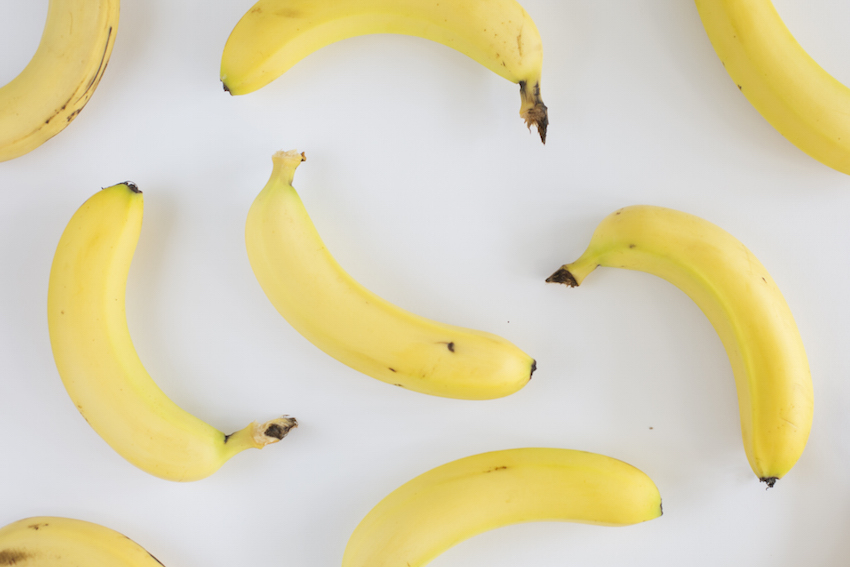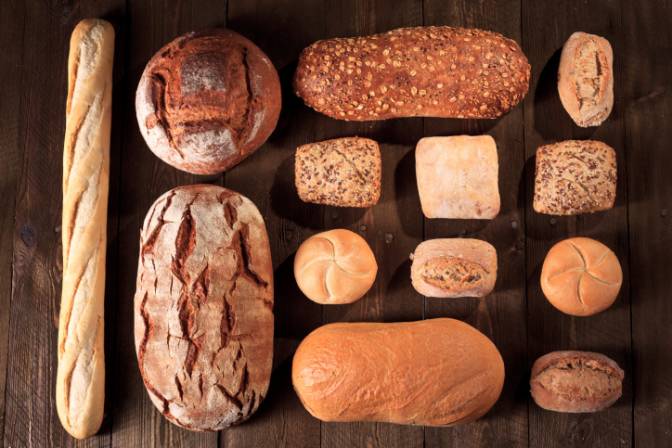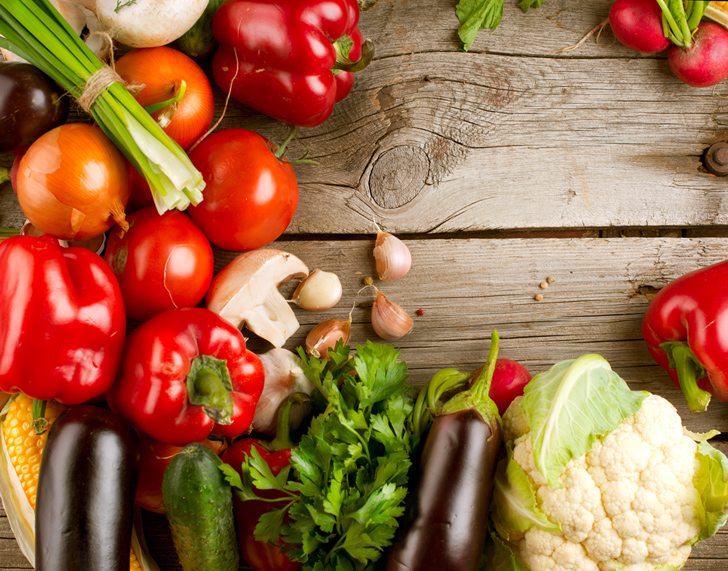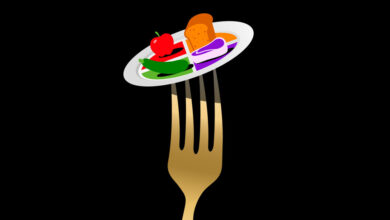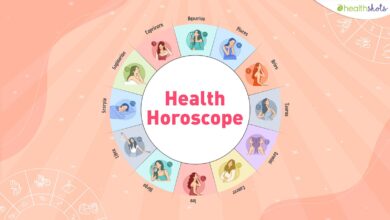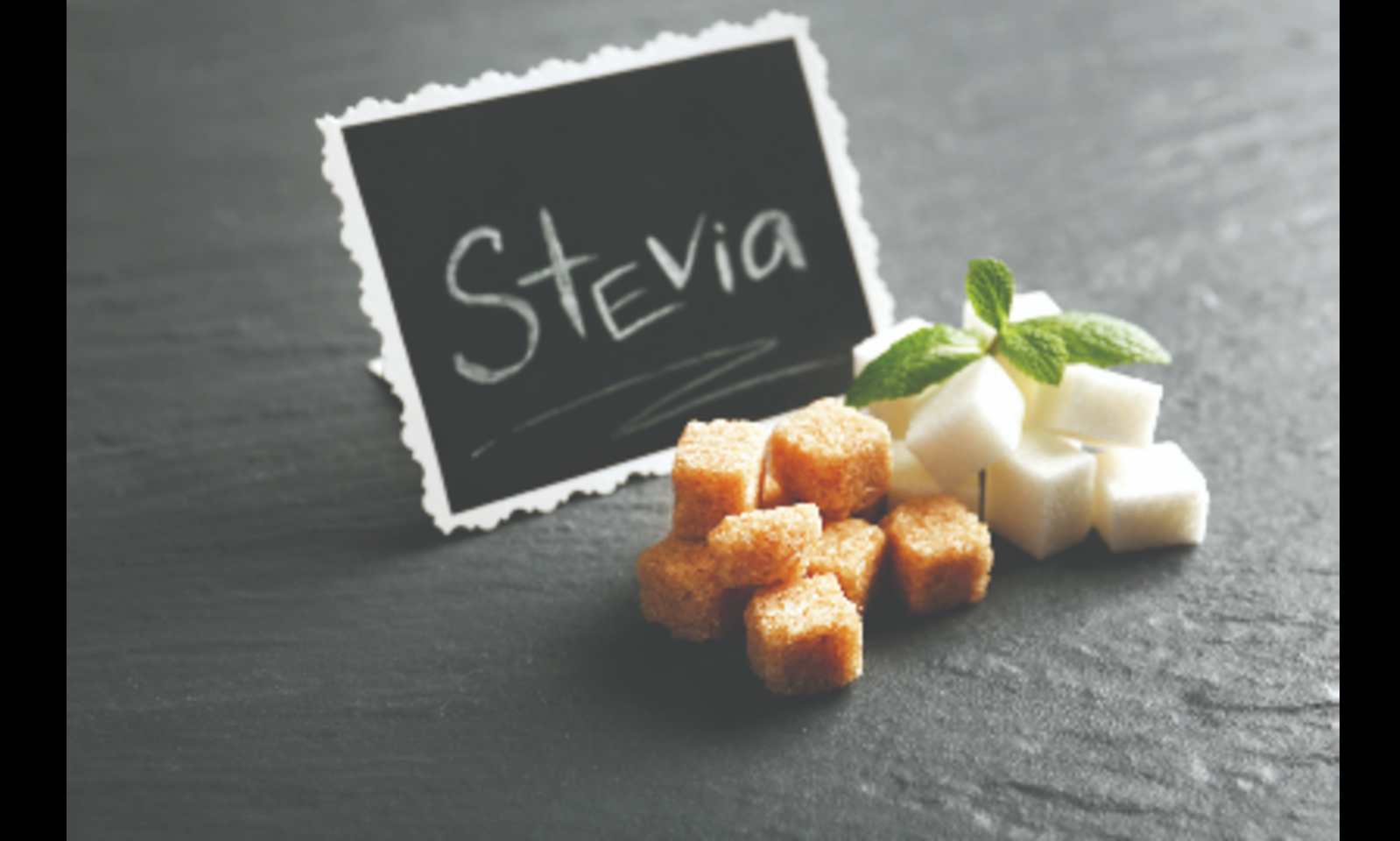
BRAIN HEALTH TIP Make the Switch to Stevia
Discover the brain health–friendly sweetener that prevents blood sugar fluctuations and weight
gain.
If I told you that there is a white powdery substance that is extremely damaging to your brain,
you probably wouldn’t think I was talking about sugar. But shocking new research from the
School of Medical Sciences at the University of New South Wales, Australia, found that eating a
high-sugar diet for just 1 week is enough to cause memory impairment and brain inflammation.
According to the lead scientist, Margaret Morris, “What is so surprising about this research is the
speed with which the deterioration of the cognition occurred.”
If you think this research doesn’t apply to you, consider that the Standard American Diet is a
high-sugar diet. According to the USDA, the average person eats 156 pounds of added sugar
every year. And that doesn’t include naturally present sugars in foods such as fruit. Compare that
with our ancestors’ diets a century ago: They ate only about 5 pounds of sugar each year.
In this excessive amount, sugar is linked to inflammation throughout the body, including the
brain. Excessive sugar consumption is linked with a decline in mental capacity and an increase in
alpha, delta, and theta brain waves, which alters your mind’s ability to think clearly. It has also
been linked to learning disorders, poor memory formation, and depression.
Other research shows that a diet high in added sugar reduces the production of a brain
chemical known as brain-derived neurotrophic factor (BDNF). Without sufficient BDNF, your
brain can’t form new memories, nor can you learn new things or remember much. Levels of
BDNF are especially low in people with impaired sugar metabolism, such as diabetics and
prediabetics.3 Low levels of BDNF are also linked to depression and dementia. While more
research needs to happen to determine whether BDNF is a causal factor in brain diseases such as
Alzheimer’s, it’s already clear that low BDNF is bad for your brain. By taming your sugar
intake, you’ll help make BDNF your new BFF.
While sugar in its most natural form is fuel for your brain, it is important not to confuse the
naturally present sugars in fruits and starchy foods with the refined and concentrated added
sugars in much of our processed and prepared foods. There’s a big difference. Your brain needs
some sugar to function, just like your car needs gasoline to function. But your brain needs the
naturally occurring sugars in a slow, steady dose—as happens when you metabolize fruits or
starches—not the sugar rushes that come with adding sugar to most of our foods.
Soda is one of the worst sources of sugar, containing 7 to 11 teaspoons per can and much more
than that in the supersize beverages now sold at many fast-food places. Sugar is insidious in our
diet, hiding in many unsuspected places, including condiments, meat, French fries, and even in
some table and seasoning salts. It’s shocking but true.
Stevia, or Stevia rebaudiana, is a natural herb that tastes sweet but doesn’t actually contain
sugar molecules. As a result, it doesn’t affect blood sugar levels or cause inflammation in the
body, and it is therefore a healthy option for a healthy brain. It is naturally between 300 and
1,000 times sweeter than sugar, depending on whether you’re using the whole herb or the liquid
extract. I personally find liquid stevia to have the best taste and least aftertaste, but I’ve found
powdered versions that are excellent, as well.
How to Benefit
Switch from sugar to the naturally sweet herb stevia. Sugar hides in many packaged and prepared
foods. Look for any ingredient name that contains “-ose,” such as glucose, high fructose corn
syrup, fructose, dextrose, maltose, etc. Even natural sweeteners like honey, pure maple syrup,
agave nectar, and barley malt are high in sugars and should be used sparingly. While stevia is
available in many forms, be aware that some manufacturers of the powdered extract of stevia
include other sweeteners with the herb, so these products are best avoided.
Because stevia is naturally sweet, you won’t need much to sweeten your tea, coffee, or other
foods and beverages. Just a few drops of the liquid sweeten coffee or tea, and the powder usually
comes with what looks like a doll-size spoon because one scoop that size is all you’ll need for
most beverages.
Baking with stevia poses some challenges because it doesn’t have the same chemical
properties as sugar, so it doesn’t caramelize when heated or become chewy in cookies. Also,
because you use so little stevia, it may throw off the traditional dry-to-wet ingredients ratio in
some recipes. You may need to experiment a bit with your recipes.
Super Health Bonus
Sugar consumption has been linked to high blood pressure, high cholesterol, heart disease,
weight gain, diabetes, and premature aging, to name just a few conditions. By switching to
stevia, you’ll naturally reduce your risk of experiencing any of these diseases and will slow your
aging process. What’s more, because even a few teaspoons of sugar can depress your immune
system for 4 to 6 hours, you’ll probably notice you suffer from fewer colds, flus, and infections
after reducing the sugar in your diet.
